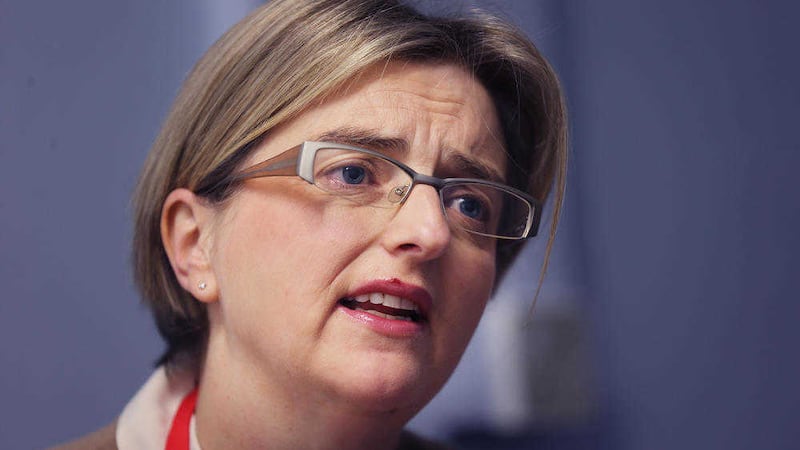A day treatment service for heroin addicts in Belfast is finding it difficult to manage the volume of referrals - with an increasing number of pregnant women also being seen.
A psychiatrist heading up the NHS unit warned that it is becoming much harder to treat patients as they're mixing heroin with 'legal highs'.
Heroin was traditionally seen as a drug that was used on its own.
Dr Helen Toal, one of a team of health professionals running a substitute methadone prescribing service, also revealed there has been a 50 per cent rise in the potentially fatal blood-borne virus Hepatitis C, due to dirty needles being shared.
The addiction service was set up in 2004 mainly for injecting heroin users. Northern Ireland was the last in the NHS to establish such a scheme, as heroin was much less common during the Troubles.
Dr Toal said the goal is to get people off heroin completely, but crucially to ensure they are at less risk of harm.
"That subsequently results in them not being homeless, them not being involved in criminal justice system as frequently and not being in A&E constantly with infected injecting sites."
Referrals are made by GPs or the Belfast trust-run drug outreach teams.
"The big problem is the cases we're receiving are more complicated because there are more drugs on the street. It's not just heroin, it clients mixing them with psycho-active substances of misuse. We don’t call them legal highs because it makes it sound as if they're okay to use.
"We don’t know a lot about some of these new drugs – and some of them seem to be extremely addictive."
The numbers using the service have grown, with 190 people currently receiving Methadone or Subutext (another substitute drug for heroin) prescriptions, and the scheme has been viewed as a success.
"The problem is that we’re finding it difficult to manage the volume of patients - we're getting more and more referrals in the past year. We have to look at how we manage them, as these people don’t generally get discharged."
A growing number of cases - around a third - are women. Most users seeking help are in their 20s and 30s.
"It is not just young men - we do have a lot of pregnant drug users. In the past we might have had one or two, but now we're having a lot more pregnant women using heroin.
"If you turn up pregnant and you're using heroin, you're straight into treatment right away. They get very intensive treatment from the team and we link up with the ante-natal team."
Dr Toal said they viewed the scheme as a success.
"People had concerns when the service was introduced that the streets would be awash with Methadone, there was a fear of the unknown and fears there would be more drug addicts.
“But it's been successful with some patients coming to us for the past 10 years. We have helped them find places to live and rebuild their lives."








